Urgent
UAE and Egyptian Presidents review bilateral ties and regional developments
 Sharjah Ruler approves promotions for Judicial Department staff
Sharjah Ruler approves promotions for Judicial Department staff
 Over 60% of financial attacks starts with stolen login details: Cyber Security Council
Over 60% of financial attacks starts with stolen login details: Cyber Security Council
 DEWA provides its services through ChatGPT Apps Directory
DEWA provides its services through ChatGPT Apps Directory
 Voting begins in Japan's general election
Voting begins in Japan's general election
 China's foreign exchange reserves rise in January
China's foreign exchange reserves rise in January
 Tropical Cyclone Mitchell approaches Western Australia's Pilbara region, ports closed
Tropical Cyclone Mitchell approaches Western Australia's Pilbara region, ports closed
 Czech Bejlek celebrates career-first WTA tour title at Mubadala Abu Dhabi Open
Czech Bejlek celebrates career-first WTA tour title at Mubadala Abu Dhabi Open

 Sharjah Ruler approves promotions for Judicial Department staff
Sharjah Ruler approves promotions for Judicial Department staff
 Over 60% of financial attacks starts with stolen login details: Cyber Security Council
Over 60% of financial attacks starts with stolen login details: Cyber Security Council
 DEWA provides its services through ChatGPT Apps Directory
DEWA provides its services through ChatGPT Apps Directory
 Voting begins in Japan's general election
Voting begins in Japan's general election
 China's foreign exchange reserves rise in January
China's foreign exchange reserves rise in January
 Tropical Cyclone Mitchell approaches Western Australia's Pilbara region, ports closed
Tropical Cyclone Mitchell approaches Western Australia's Pilbara region, ports closed
 Czech Bejlek celebrates career-first WTA tour title at Mubadala Abu Dhabi Open
Czech Bejlek celebrates career-first WTA tour title at Mubadala Abu Dhabi Open



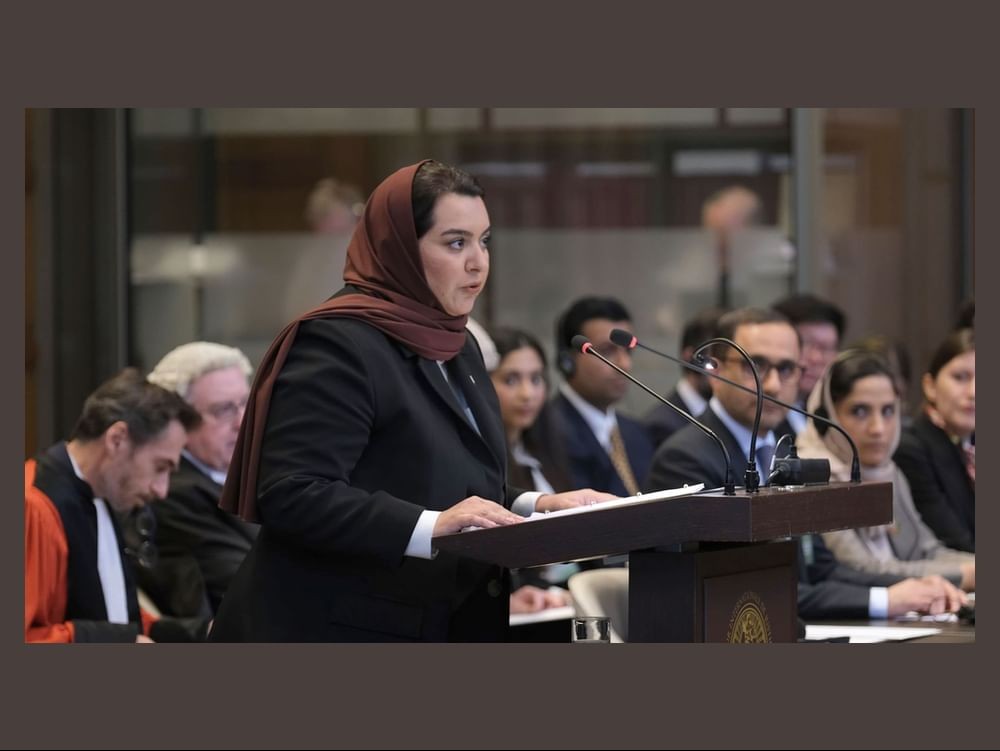



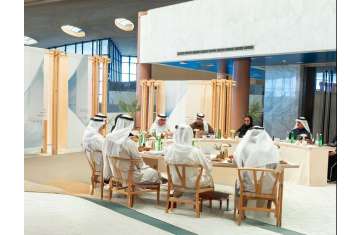
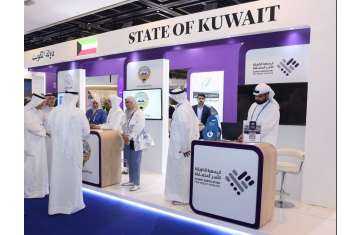
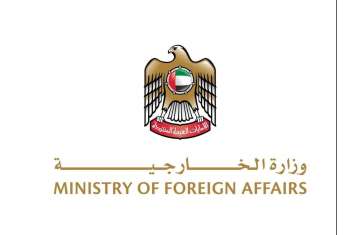
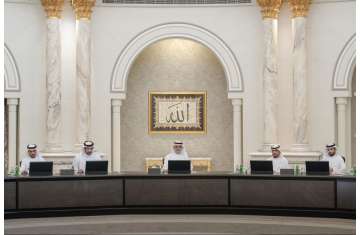
Comments